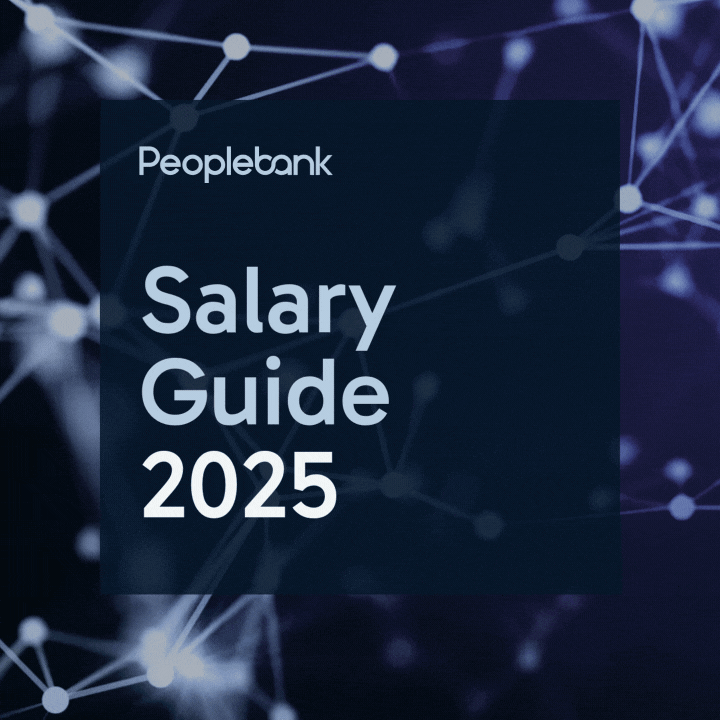How to make your resume sound more human
Resumes are professional documents... to some extent. But they are not contractual, and they are not set in stone. Think of resumes as more of a personal promotion. You are marketing yourself to a company. So, have you ever seen a successful marketing campaign without any personality? Are any marketing campaigns packed with jargon based around IT or project management? Probably not.
It can be difficult to understand that a resume can sound like you at the same time as being professional. In fact, it’s better if it sounds like you, otherwise you’re just going to sound like everyone else trying to get the job. The time is over when we try to be too careful or tame in our resumes.

My best advice would be to look and understand yourself and your story. You are not made up of a list of skills and work experience. You’re not your degree/s or even your job title. These things need to be on your resume, but not in such a boring way. For example, in your summary, instead of saying: ‘Highly motivated individual with excellent experience in Cyber Security Architecture’ (hello, every other Cyber Security expert will be saying the same thing). Say something like: ‘After graduating from university I worked in Cyber Security for two years before I became a Cyber Security Analyst. However, my passions drove me to Cyber Security Architecture and I found that my skills and expertise were enhanced and most valuable within this role.’
Not every hiring manager is going to love your tone of voice, it’s just like meeting people in the flesh. Not everyone likes everyone. And that’s okay. The goal is to appeal to a company that does have an interest in your unique character and feels they connect with you. When a company is drawn to you by your resume, it is likely you will be a good fit there.
So, what can we do to make a resume more human?
Don’t be afraid to use the word ‘I’. After all, you’re telling them about yourself. There is nothing stranger than meeting a person in real life who talks about themselves in third person. Use ‘I’ as if you would in regular conversation.
Don’t use ‘professional’ jargon. Sometimes, this is the hardest habit to break. Somewhere along the way we have all picked up ways to sound more suitable for business, ways to sound smarter, ways to sound more professional. You can still be professional without using words like results-orientated or paradigm. Just use the words you would naturally to describe things. More often than not they say what you need to say.
Tell a story. Even in IT, where our skills are everything, we still learnt them somewhere and for some reason. We still got great at them by working somewhere or by being taught by someone (even if we were self-taught). Communicate your skills and experience in full sentences.
Avoid praising yourself. Talking about your achievements and your proficiency through the use of storytelling is enough. You don’t need to use adjectives that make you sound more powerful – it will already be apparent.
Write like you speak to your boss or colleagues. Usually, when speaking to team members about work-related topics, we naturally speak in a more professional tone than usual. But we still sound like ourselves. When you finish writing your resume try to read it back and see if it feels like you. If it doesn’t, look back at a few of these points and try again.

Now that you’re happy with your resume, head over to our job search and find the perfect role for you.






















